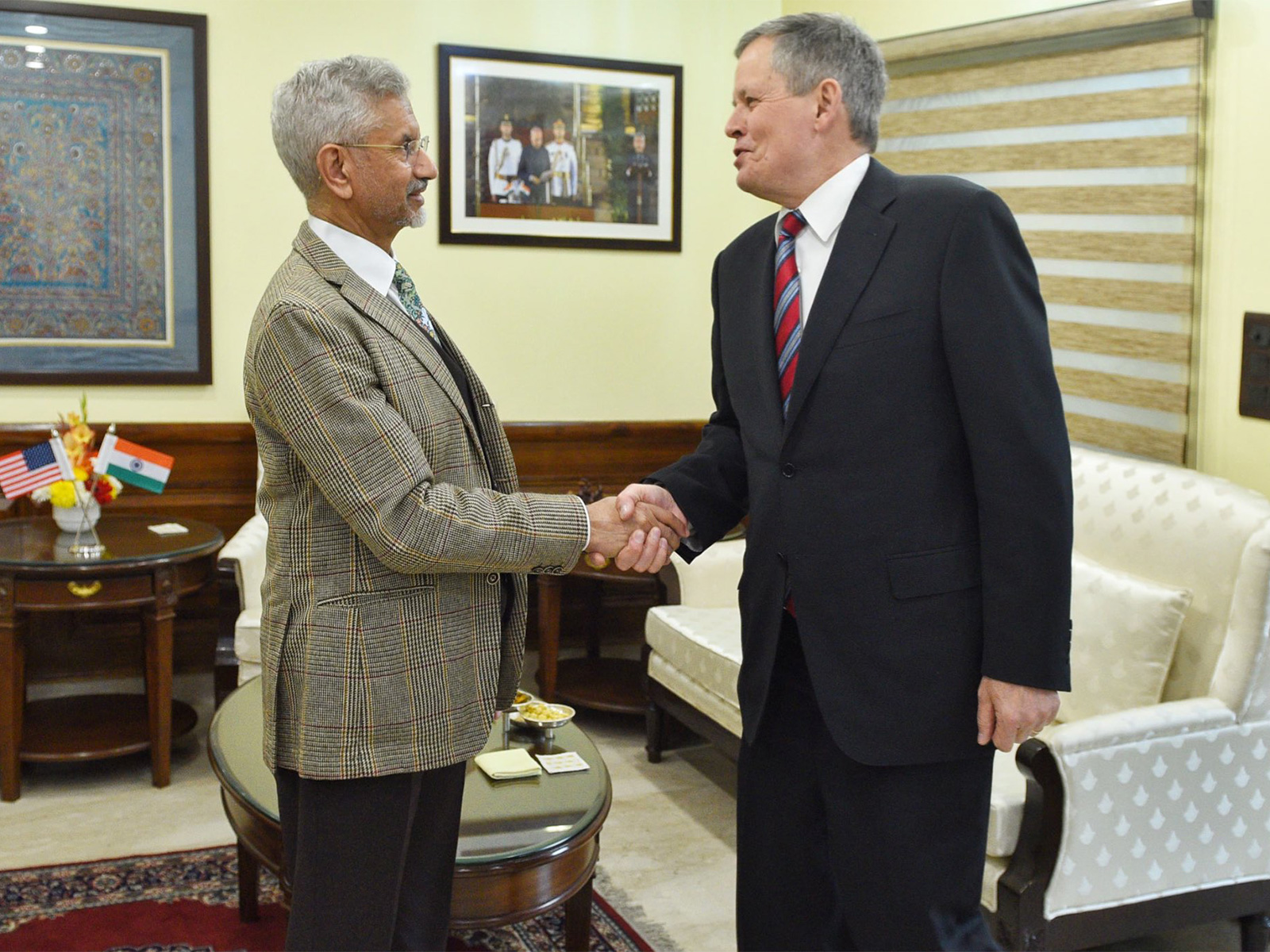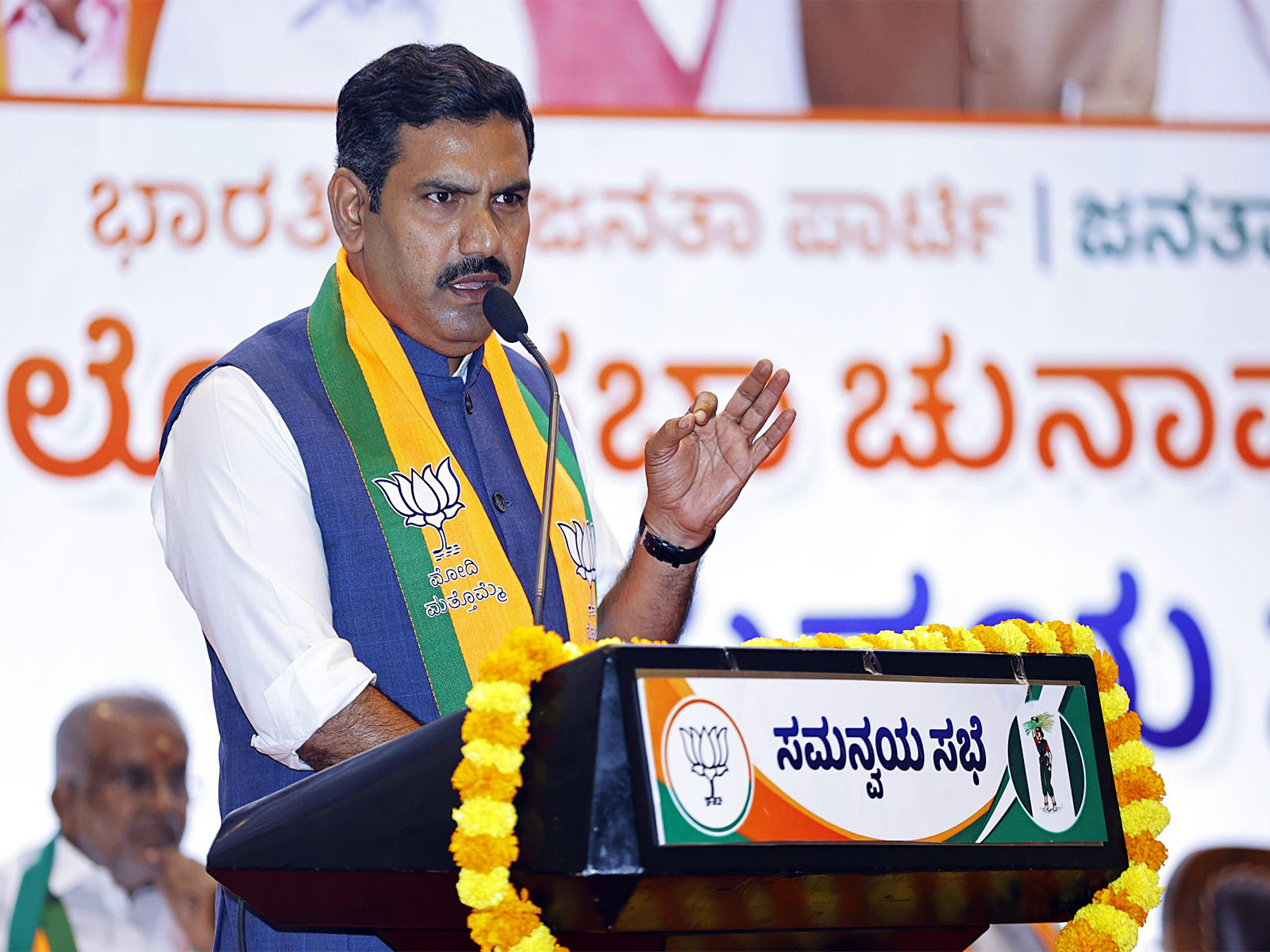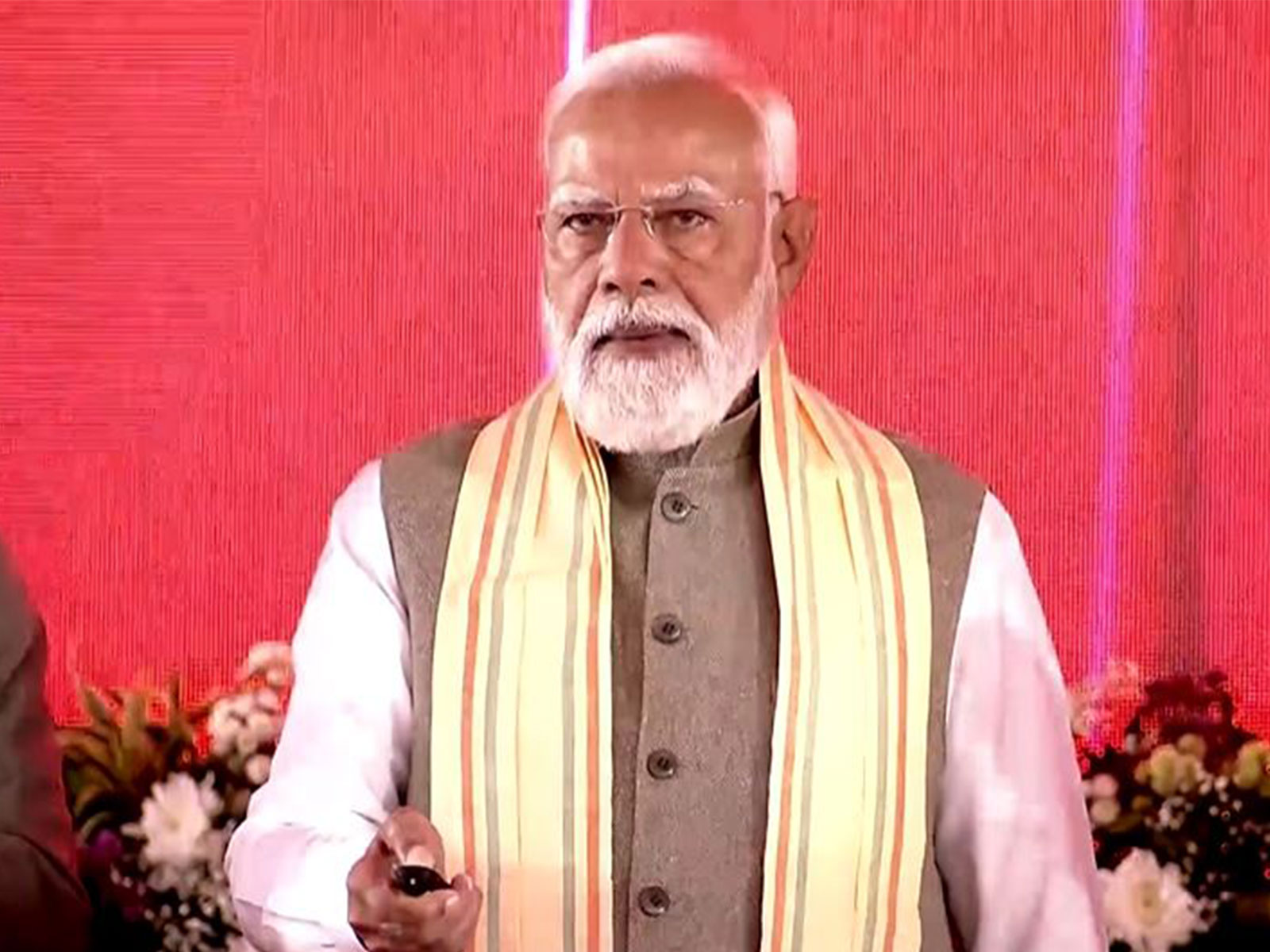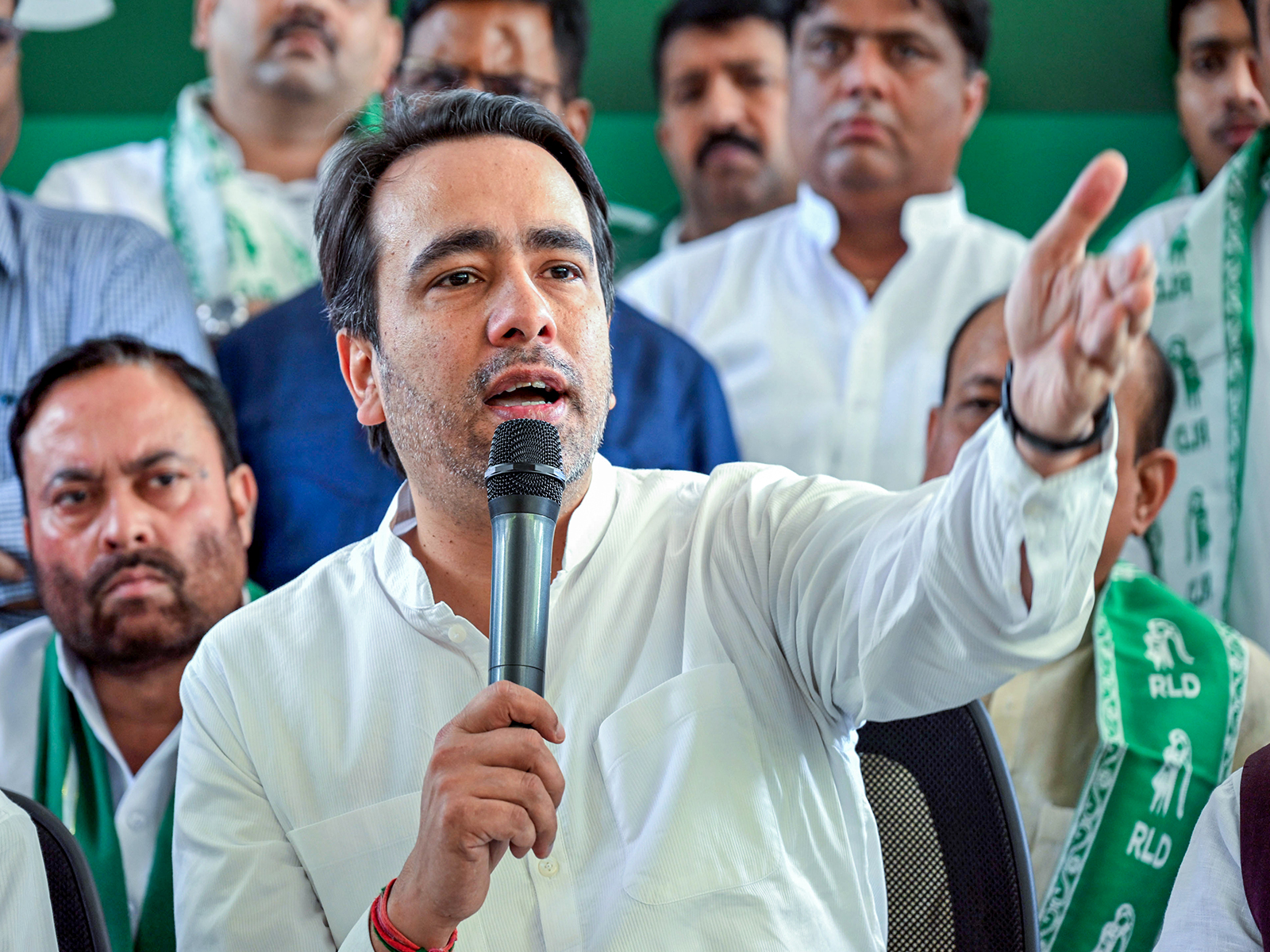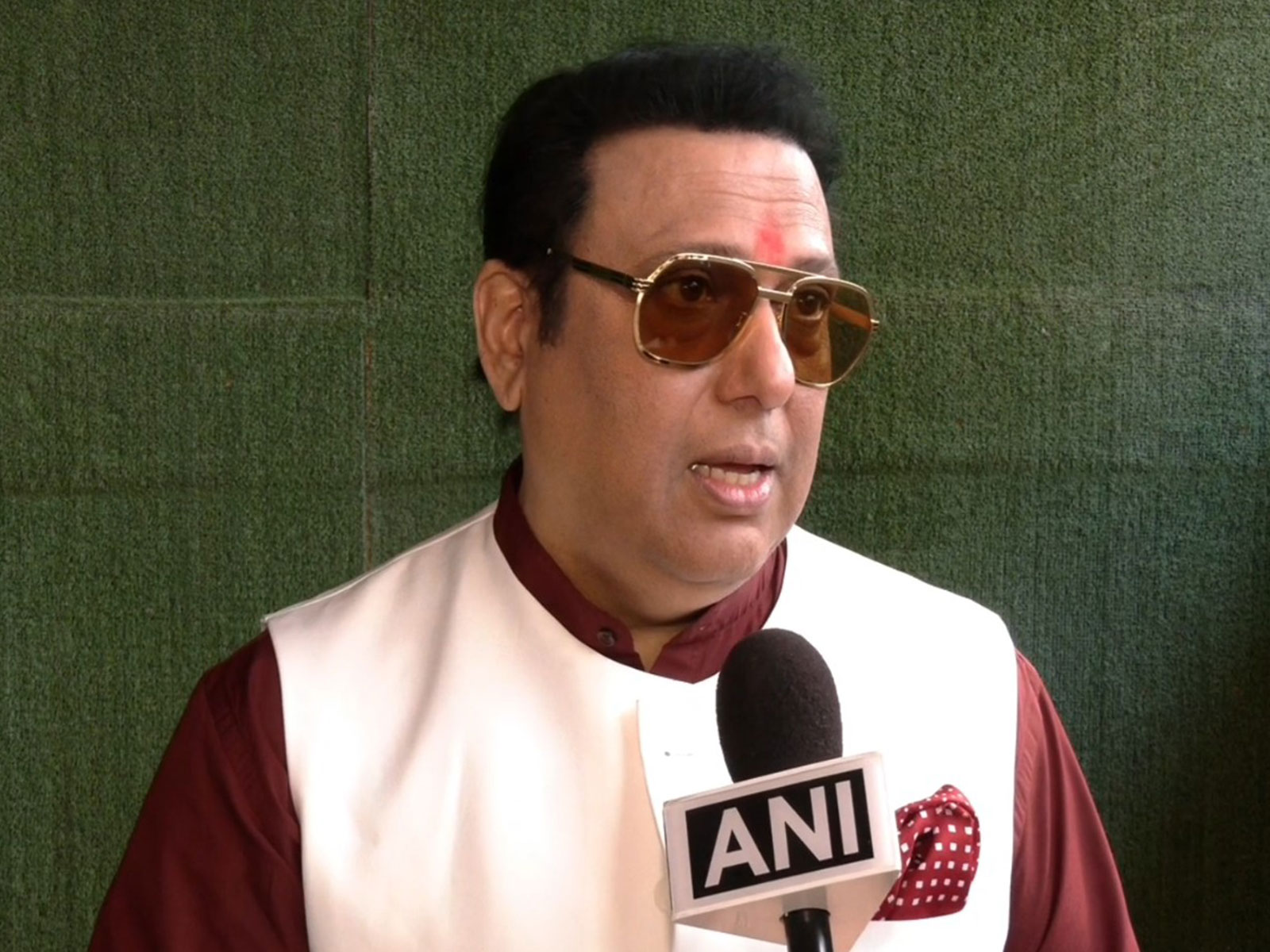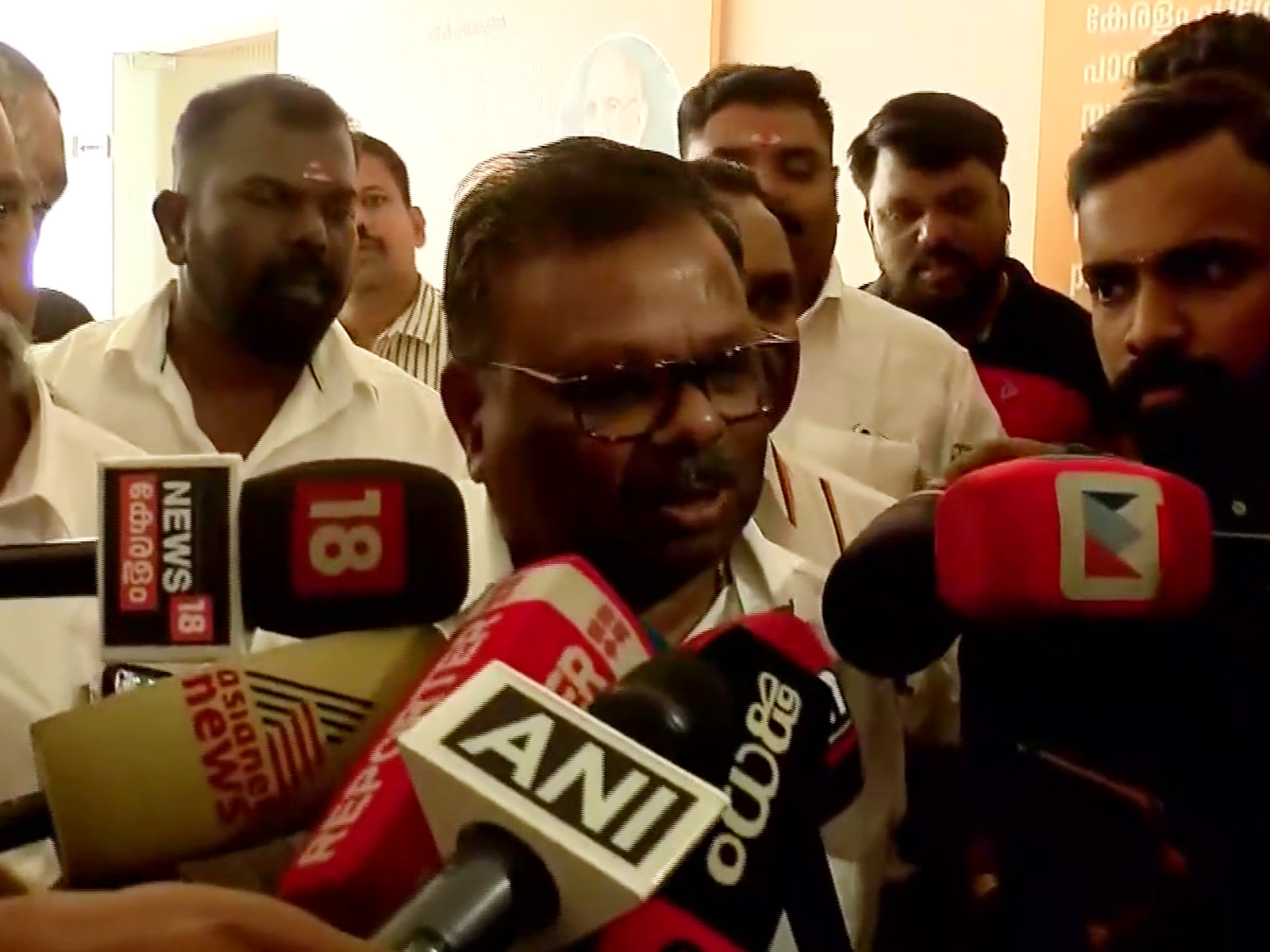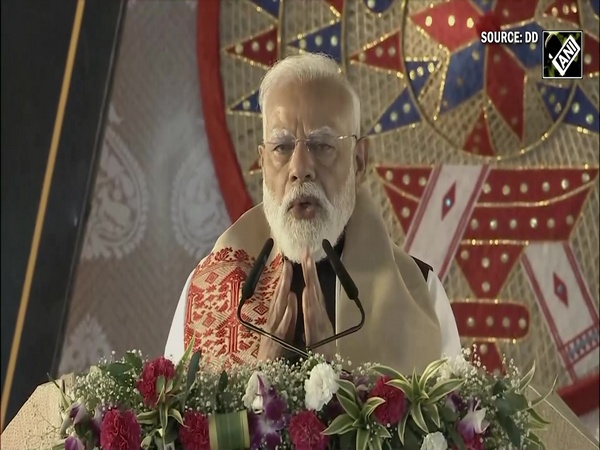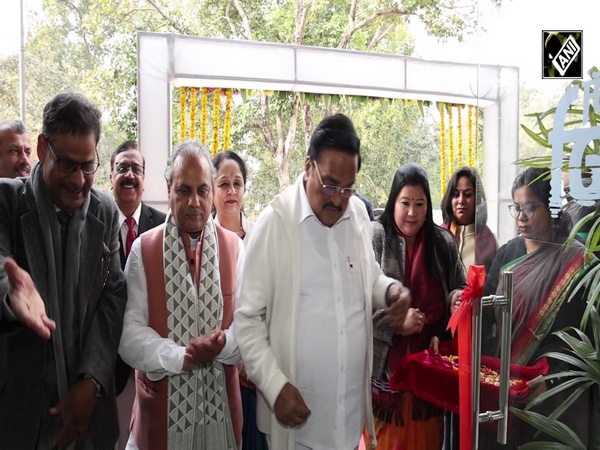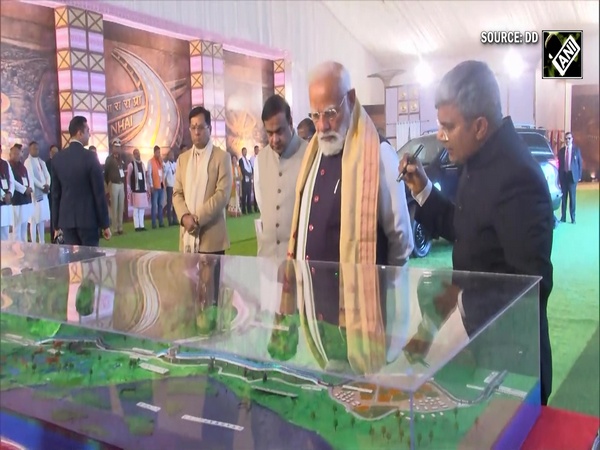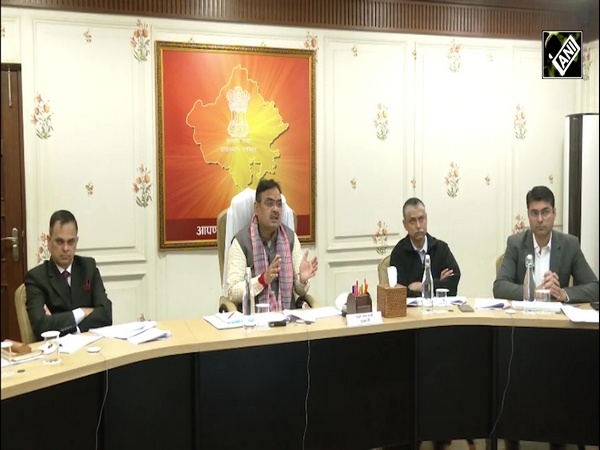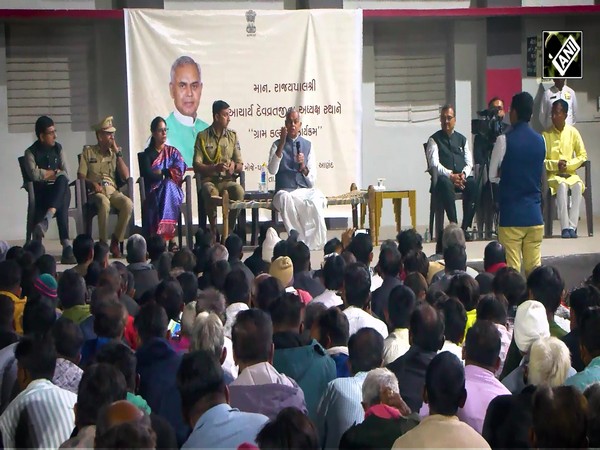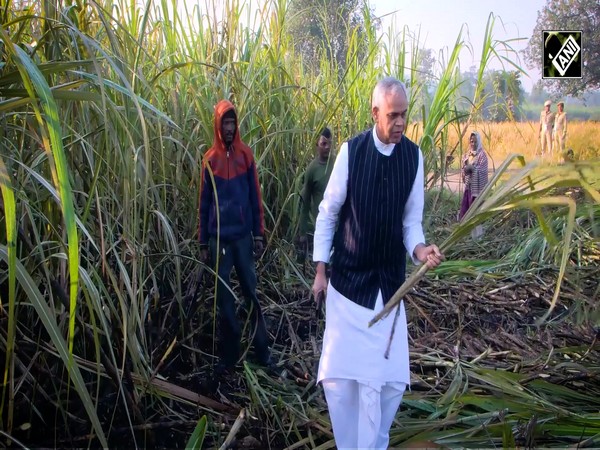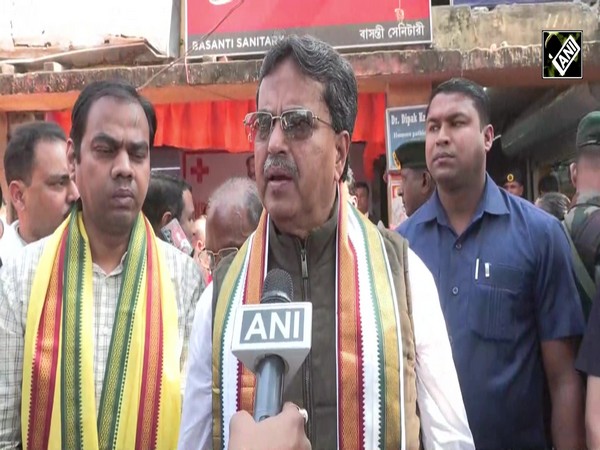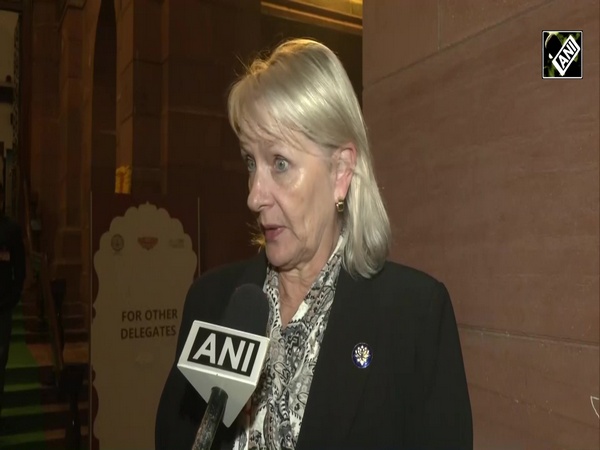Quad members should side unequivocally with India amid Chinese assertiveness: Report
Nov 02, 2022

Washington [US], November 2 : Amid China's assertiveness in the Indo-Pacific region, the Quad comprising Australia, India, Japan and the US should side unequivocally with India.
Michael Rubin, a senior fellow at the American Enterprise Institute, writing in The National Interest said that if the Quad is going to move forward, both as a strategic dialogue and perhaps more, it is time that all its members side unequivocally with India.
For decades and across administrations, the United States ignored Asia-Pacific diplomacy. President Barack Obama reflected this fact when he sought to recalibrate with a "Pivot to Asia," an initiative that implied previous neglect, said Rubin.
Meanwhile, President Joe Biden has reinitiated the pivot reflects Obama's lack of success, said Rubin.
What has repeatedly saved the United States in the face of strategic neglect in Asia and the Pacific has been China's overbearing behavior in the region, be it Beijing's encroachment across the Indian, Bhutanese, and Nepalese borders, the seizure of reefs and atolls belonging to the Philippines and other littoral states in the South China Sea, or its bullying of Sri Lanka in Southeast Asia.
President Xi Jinping's aggressiveness has not only largely ended the debate in Washington about whether China can be a partner, but it has also helped to reinforce existing partnerships and cement new ones, reported The National Interest.
This was certainly the case with the AUKUS (Australia, United Kingdom, United States) military alliance and the Quadrilateral Security Dialogue, commonly known as "the Quad."
Within the United States, there is broad enthusiasm for the Quad dialogue. While Australia and Japan have been strong US allies since the Cold War, the United States and India have had a more troubled relationship.
Jawaharlal Nehru, India's first prime minister, spurred President Harry S Truman's request for an alliance, preferring instead to keep India non-aligned.
In 1950, Mao Zedong's People's Republic of China (PRC) invaded Tibet. Using a tactic that would become commonplace decades later, the Chinese built a road across land not explicitly theirs in order to both use the road as part of their claim and speed troop movements.
In 1962, the PRC invaded India to seize Aksai Chin, part of India for a century. Mao had timed China's attack exquisitely - the United States and the Soviet Union were in the midst of the Cuban Missile Crisis, so India could not leverage its traditionally warm ties with the Soviet Union.
China also overwhelmed India logistically, attacking along two fronts more than 600 miles apart. When the fighting ended, China occupied a 15,000-square-mile area larger than Maryland, said Rubin.
However, after the September 11, 2001, terror attacks, the George W Bush administration made a concerted effort to repair and advance bilateral ties. Unlike other initiatives, a desire to advance relations had broad bipartisan support and transcended Bush's two terms, reported The National Interest.
Obama worked to cultivate relations, an effort that persisted despite concerns in Congress, the State Department, and the Indian-American community regarding Prime Minister Narendra Modi's populism and religious intolerance among some factions of his party. President Donald Trump, himself a populist, embraced and genuinely liked Modi.
Biden continues to advance relations, even as his efforts to appease Pakistan raise eyebrows, said Rubin.

